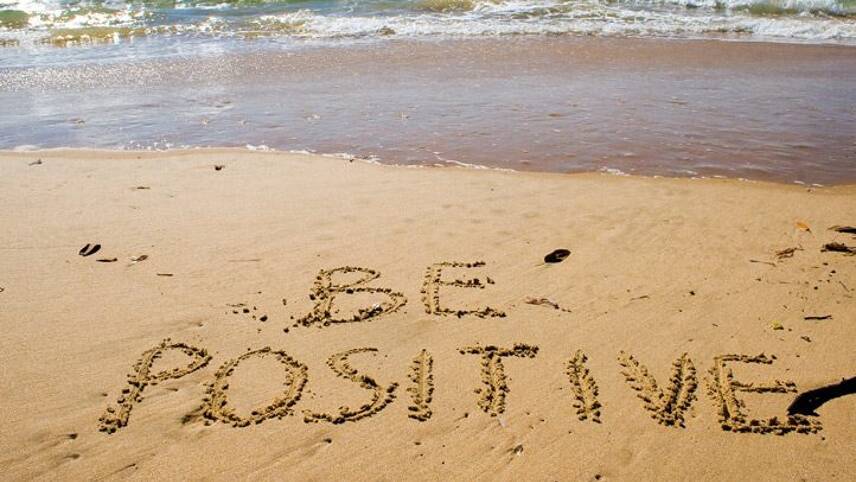Register for free and continue reading
Join our growing army of changemakers and get unlimited access to our premium content

There is a natural tendency for humans (and human-run organisations) to “Accentuate the Positive and Eliminate the Negative” and only discuss success while hiding failures (“failure is an orphan, success has many parents”). That is unfortunate because it makes it much harder to learn from others’ mistakes and avoid repeating them.
I was rather busy at edie Live last week chairing sessions, speaking, networking and watching other people’s presentations but two moments I was involved in drove that thought home.
For the first moment I was an audience member (I was actually preparing to chair the next session) and I asked a question from the floor. We’d had very professional presentations highlighting success stories and the developments that led to great reductions in energy consumption and carbon emissions and I asked about failure. I simply asked “What has gone wrong, what difficulties and compromises did you face?”. The reaction of the panel spoke volumes; aside from the obvious embarrassment I honestly think none of them could recall any problem they were willing to admit – they were speechless!
The second happened right at the end of the conference and was summed up by one of my fellow speakers (he can be anonymous but if he wants to comment below…) “That was brilliant! We gave three very positive corporate presentations and then you did that and brought us back to Earth with a bump!”. The three previous speakers had been unerringly positive about the objectives and success of their companies and I declared myself to be like the “Blooper Reel” at the end of the DVD and starting talking about the disastrous long term results of short termist “Value Engineering” decisions. The reaction of the audience was rewarding, they became more attentive at the end of a long day (I could put that down to my ability as a speaker but I think it was more to do with the contrast with the previous – very professional – presentations) nodding at each point I made and clearly reflecting on their own experience of similar failures. I even experienced murmurs of approval and even a “thumbs up” from a fellow speaker.
As I said, I could claim this success was due to my own brilliance at the podium but I think it was more to do with “honesty”. I had no corporate mandate to make my employer look good and I was thereby able to be open and discuss failure with real world examples (all be it slightly anonymised and simplified) that demonstrated the mistakes clearly (one day I’ll get the chance to use rather more of the case studies I’ve accumulated) and that was a novelty. It was also a good learning opportunity as avoiding mistakes is more effective than just following “Good Practice”. I’m not the first to notice this and there have been attempts to set up databases which include both successes and failures in Energy Saving Projects. The only trouble is that very few failures were reported – something that doesn’t match with real world experience.
This tendency to only report “Good News” while a natural human failing (is that irony?) could be causing real harm in the long term.
In terms of climate change, we are currently a long way from a solution. We’re just starting to make progress in reducing emissions but if you look at the popular press (and actually edie.net) because of the tendency to report “feel good” stories it is possible to conclude that we are well on the way to preventing a catastrophic increase in global temperature. Unfortunately that isn’t yet true, we are for example still in the UK (and we’re not the worst offenders) emitting something like three times the amount of carbon dioxide per person that the ecosystem can absorb – still a way to go there.
Reports of the first attempts at Carbon Capture and Storage have led even industry professionals to believe that is is a commercially viable proven technology that could scale up to be a real answer to our problem. Is it?
The success of renewable generation into the UK National Grid is remarkable and well worth reporting, however, if you look at the actual data you realise that the majority of generation is still coming from Fossil Fuels (primarily Natural Gas) and that is during periods when Solar and Wind are available at comparatively high rates to help supply a load well below the peaks of winter. The publicity about the high input of Low Carbon generation could easily lead many people to believe that we’ve done away with the curse of traditional generation and they can therefore cease to worry about the need for energy efficiency and can waste energy without further harm to the planet.
If that were to be a widespread response it would be unfortunate to say the least and might just make it more difficult to keep Global Warming below 2C.
So we need more “honesty” and as “boring” as it might be we need to realistically report the progress and the distance we still need to travel.
Confucius said “ a journey of a thousand miles begins with a single step”. Well we’re travelling in the right direction but let’s realise that we still have a long way to go and (perversely) we still need to keep “the pedal to the metal” if we are to arrive in time. Let’s not be deflected by a false speedometer reading, there will be roadworks ahead.



Please login or Register to leave a comment.